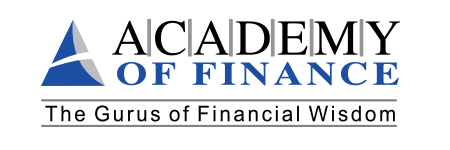
Skepticism in Practice
“The appropriate exercise of professional skepticism throughout the judgment process is at the heart of effective auditor decision making.”
Professional Judgment Resource, Center for Audit Quality
- Fraud can be one of the most significant consequences of failure to exercise skepticism. Skepticism can often be overlooked in mitigating the risk of fraud and misconduct, which illustrates why it is important that companies and their stakeholders should recognize the significance of and challenges associated with exercising an appropriate level of skepticism.
- Members of the financial reporting supply chain—boards of directors, audit committees, company leadership, management personnel, internal auditors, and external auditors—can use skepticism to spot red flags at points throughout the financial reporting process that others may not be in a position to see, even if it means challenging assumptions and asking tough questions.
- As individuals assess information, their conclusions and decisions are inevitably subject to their own unique background and biases. The process may be unconscious, unintentional, and naturally instinctive, but members of the financial reporting supply chain should be aware of their biases and the potential hindrance they can have on their ability to exercise skepticism, and work toward mitigating them.
- Technologies can also pose a challenge to one’s ability to exercise skepticism. The very fact that emerging technologies are greeted with great fanfare and anticipation reinforces the importance of striving to maintain skepticism in considering the information these technologies deliver. While technology is a powerful tool, it cannot replace the professional’s knowledge, judgment, and exercise of skepticism.
- Disruptions, emergencies, or other unexpected crises also pose threats to skepticism because the increased pressure, opportunity, and rationalization for fraud are often heightened in challenging environments. While leaders’ attentions are focused on the outcome of a crisis, they can increase their efforts to mitigate fraud and misconduct risk through enhancing skepticism. Rather than relying on assumptions, a leader’s decisions should be data driven and evidence based.
- Enhancing skepticism takes time and requires awareness, continuous training, and execution. Actionable steps to help supply chain members enhance their ability to exercise an appropriate level of skepticism include understanding the limits of one’s own objectivity, avoiding jumping to conclusions, keeping an open mind, avoiding unwarranted faith in data, honing critical thinking skills, seeking expert advice, recognizing critical areas, and training employees on the importance of a skeptical mindset and how to mitigate bias
Skepticism in Practice – September 2020
The Anti-Fraud Collaboration
